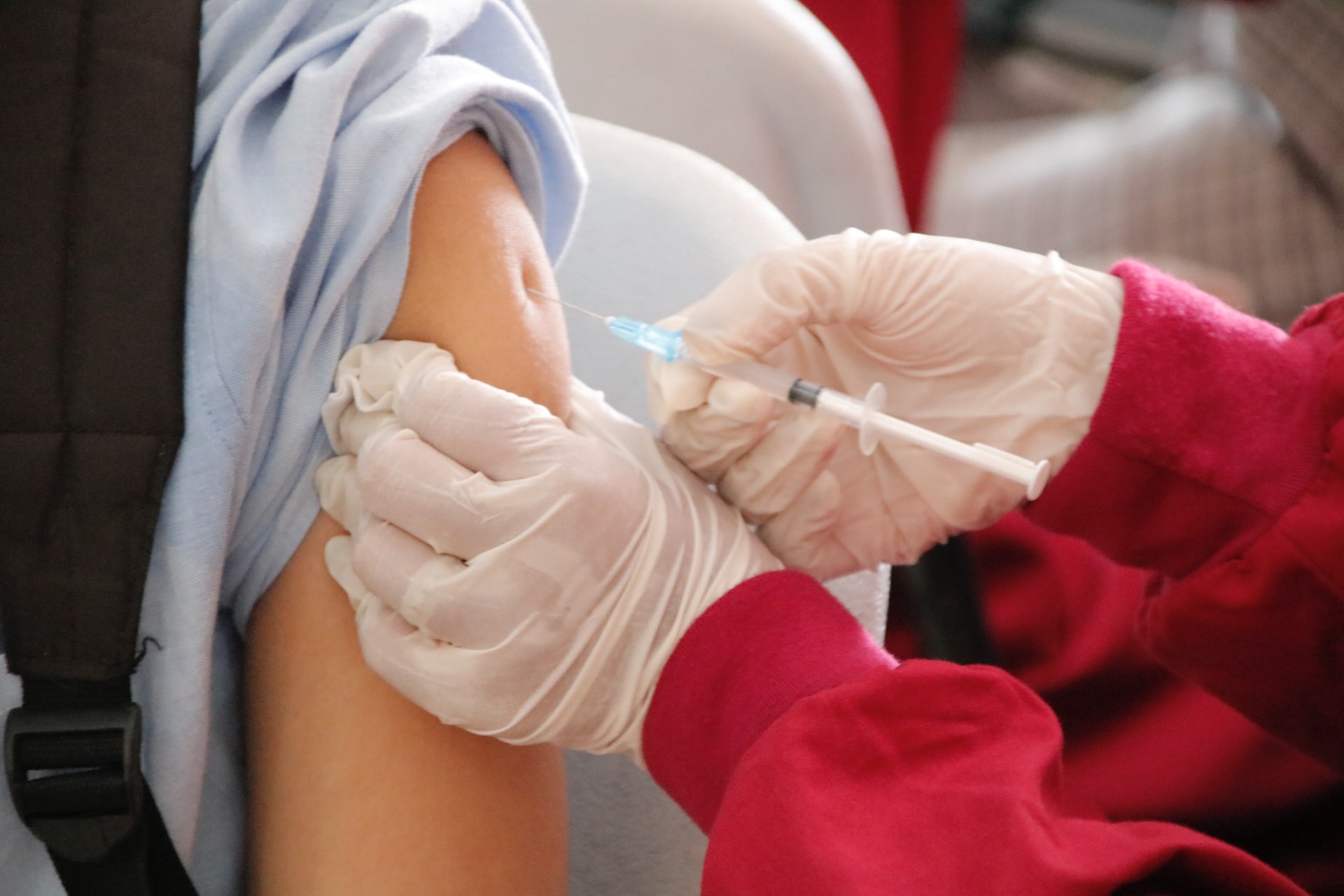
Courts Have Become Involved When Parents Disagree on Whether to Vaccinate
January 4, 2022
It’s hard to believe that it has been nearly two years since COVID-19 interrupted the lives of people around the world. Since March 2020, we have seen different waves of the virus be introduced, and we’ve also seen medical research progress rapidly as vaccinations became available. Vaccinations were originally only available to older age demographics, but with the age limit being lowered to 12-years-old and eventually five years old, more and more parents are making decisions to vaccinate their children. One of the issues that have resulted as a result of this is that parents who have separated or divorced might not agree on whether their children should receive a vaccine. This brings up legal questions concerning decision-making authority of the children. A recent decision from the Alberta Court of Queen’s Bench serves as a good example of how the courts approach such disputes.
Parents do not agree on whether to vaccinate children
The parents involved in the case were divorced in 2014 and have two children, aged 12 and 10. The parents share parenting time and decision-making for the children. Vaccinations outside of that for COVID-19 have not been an issue in the past, with the court noting that they have been immunized against the flu on an annual basis.
The mother wants the children to be vaccinated for a number of reasons, including to lower their chance of contracting the virus, to allow them to return to regular activities, and to teach them about social and civil responsibility.
The father opposed the vaccination, stating that the risks associated with it outweigh the risks they would be exposed to even if they contracted COVID-19. He asked the court to allow there to be a delay in their vaccination until more research is done about how the vaccine impacts children.
While the parents have been trying to resolve this impasse on their own, they have been unable to do so and have turned to the court for help.
Should the court impose vaccinations on children?
The court listed three main issues that had to be determined, though we will focus on the first two. The first was whether the parents’ joint decision-making responsibilities should be varied in order to allow the mother to be the sole decision-maker for health-related issues. The second consideration was whether it is in the children’s best interests to receive the vaccine.
The court acknowledged that there is a polarizing debate happening concerning the COVID-19 vaccination, however, when looking at the medical evidence presented by each parent, the father’s evidence amounted to misinformation that was easily refuted by the mother’s evidence which comes from federal and provincial health authorities. Governments at all levels in Canada, as well as courts, have accepted that the COVID-19 vaccination is safe and appropriate to administer to children over five years of age.
While the court accepted that there is always some degree of risk associated with any medical procedure, including vaccines, the benefits of receiving the vaccine greatly outweigh the risks of not receiving it and contracting or spreading COVID-19. Because of this, the court determined that it is within the best interests of the children to get their vaccines.
In asking whether the mother should be granted sole-decision-making authority for medical decisions, the court heard that the father’s reliance on misinformation makes him unreliable to make such decisions. However, the court found that the father’s past conduct related to medical decisions has not been an issue. Instead, this is a single point of disagreement. The court sought a way to reconcile the risk of the father’s reliance on misinformation with his demonstrated ability to participate in decisions in the past. What the court ultimately decided to do was order that the parents continue to share decision-making authority, and in the event they disagree, they should seek the assistance of a parenting coach. Only if they reach a true impasse will the final authority on medical decisions fall to the mother.
The court then turned to the question of the COVID-19 vaccine in particular. The court once again stated it is not in the children’s best interests to follow the father’s “wait and see” approach. The court was satisfied with Health Canada’s approval for the vaccination in children, and that getting vaccinated will help protect both the children and the community at large. The court found that some of the anxiety the children have expressed in relation to the vaccine comes from the father’s message to them, including telling the children that the vaccine might hurt or even kill them. The court ordered that while the mother could take steps to vaccinate the children, she should also make efforts to ensure they are emotionally ready to receive it, which may require the assistance of a medical professional such as a doctor or child psychologist. The father was also ordered not to talk about the vaccine with the children any longer or provide them with any information that states it is not safe to receive the vaccination.
Calgary Family Lawyers Helping You With Issues Related To Decision-Making For Children
At HMC Lawyers, our family law team understands the difficulty of going through a separation or divorce for everyone involved and that COVID-19 has introduced additional anxiety and stresses into the world. As such, we are proud to offer our clients tailored, personalized approaches to their family law issues. We work with our clients to understand the unique circumstances of their families and what remedies might be most appropriate for them. To find out how we can help you, please reach us online or call us at 403-269-7220 to schedule an initial consultation.
